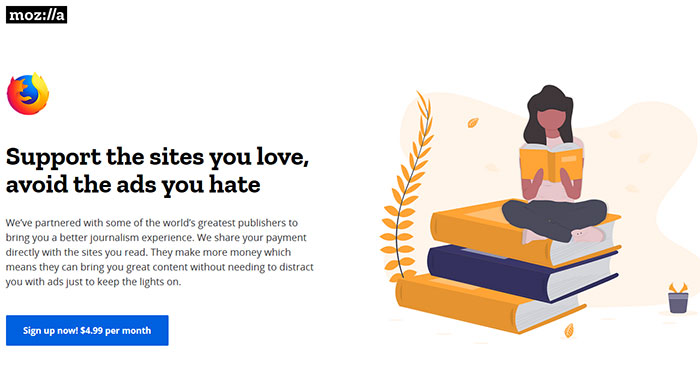Google often tweaks the way that its Chrome browser works to maintain the best experience for its many users. This year alone, HEXUS has reported upon a native dark mode, a password checkup extension, media keys support, and the developers turning on 'lazy loading' by default.

A significant part of the web economy is driven and/or supported by page advertising - and many tech sites, for example, wouldn't exist without ads. However, some sites can annoy with intrusive, irritating, or even resource heavy ad experiences, perhaps attracted by the opportunity to squeeze some extra pennies out of its visitors. Google has previously worked to block 'annoying ads', to fall in line with the Better Ads Standards. However, there is still work to be done, and evidence of development in this regard has come to light in a work-in-progress Chromium commit, via 9to5 Google.
The source report notes that Chrome's existing ad blocker might eliminate ads over an entire page but the new 'heavy ad' blocker just zaps the resource heavy ones. It defines anything over 0.1 per cent of bandwidth usage, 0.1 per cent of CPU usage per minute, and 0.1 per cent of overall CPU time as a 'heavy ad'.

With this work just beginning, it isn't clear when this 'heavy ad' blocker will be ready for prime time. However, Google must push forward with this kind of development to stay competitive to rivals such as Edge and Firefox - while balancing support for Better Ads Standards.
Firefox ad-free subscription info
About a month ago HEXUS reported that Mozilla was working on a Firefox Premium subscription offering. This is due to land in October, with VPN and secure cloud storage built-in - to deliver some easy to recognise value.
Now Mozilla seems to have come up with another money spinning idea - an ad-free subscription service. On a first look web page it says that it has partnered with some of the biggest web publishers around and will "share your payment directly with the sites you read". Spinning this development as a win-win situation, Mozilla says that with the $4.99 monthly subscription these sites "make more money which means they can bring you great content without needing to distract you with ads just to keep the lights on".

The above project is one of Mozilla's explorations of alternative funding models for the web.






